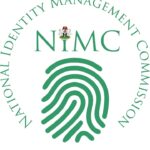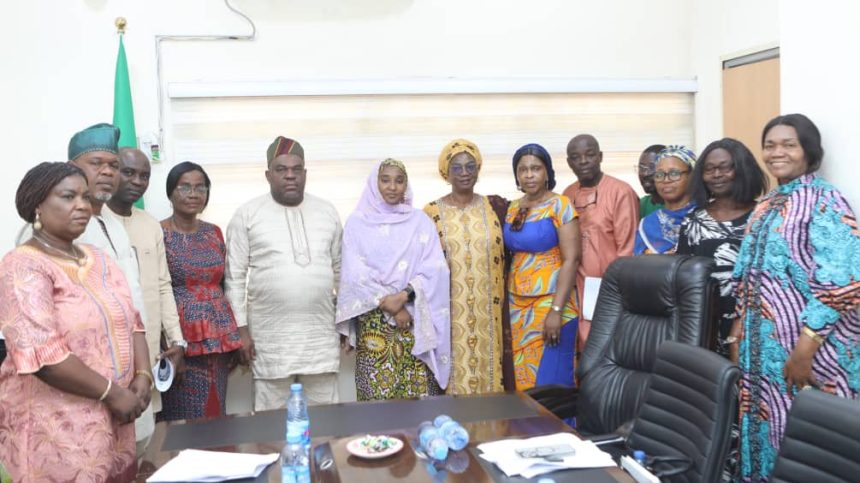By: Prudence Okonna
The Federal Government of Nigeria has said that it is considering the establishment of an Early Childhood Care and Development Education (ECCDE) Commission, but has cited the cost implication as the major reason for stalling the process.
Minister of State for Education Dr Suwaiba Said Ahmad revealed this during a courtesy visit by the Early Childhood Association of Nigeria (ECAN) at the office of the Minister of State, Federal Secretariat, in Abuja, this Friday, 4th April, 2025.
Dr Ahmad said the place of ECCDE is crucial and cannot be overemphasized, as it is the foundation for the qualitative and effective education of the child. *She further said that the Ministry is considering supporting both public and private sectors in its provision*.
The Minister of State, despite acknowledging the significance of ECCDE and the recurring discussions about establishing a dedicated commission, said the current economic climate and the government’s cost-cutting measures make the creation of such a commission infeasible at this time.
Her words: “Establishing a new commission would involve a significant financial outlay for infrastructure and staffing”.
She, however, noted that the government is committed to improving ECCDE within the existing framework and revealed that Funding for ECCDE is already allocated within the basic education budget, specifically through the Consolidated Revenue Mobilization (CRM) that goes to the Universal Basic Education Commission (UBEC).
While primary and junior secondary education *enjoy more of this allocation and they* have more established oversight committees, the government intends to ensure ECCDE also benefits from these budgetary provisions and ongoing basic education interventions.
She further noted that they are actively reviewing the management of the ECCDE sector and plan to implement interventions and programs to ensure it is not neglected.
The Minister of State, therefore, assured ECAN that they would be invited to future meetings to be informed of these initiatives and potentially participate in their implementation.
Speaking earlier, the president of ECAN, Prof. Babajide Abidogun, advocated for the establishment of a dedicated Early Childhood Care and Development Education (ECCDE) Commission, citing the critical importance of the early years (birth to age six) as the foundation for lifelong learning and well-being.
Professor Abidogun argued that a national commission is essential to ensure equitable access to quality and inclusive ECCDE for all Nigerian children.
While rolling out the proposal, the ECAN National president outlined justifications for the commission, including the lack of a comprehensive national database for young children and their educators, poor coordination among relevant government ministries, the absence of dedicated budgetary allocations for ECCDE, and the ineffective implementation of existing ECCDE policies.
He emphasized that a dedicated commission would provide the necessary strategic oversight, coordination, and resources to address these challenges and align Nigeria with global best practices in early childhood education, particularly as the 2030 Sustainable Development Goals approach.
The association suggests a multi-faceted approach to funding the commission, including government budget allocations, collaborations with international donors and NGOs, public-private partnerships, and community contributions.
The Early Childhood Association of Nigeria, established in 1990, has been at the forefront of promoting child welfare and development in Nigeria through research, advocacy, and capacity building. With chapters in 20 states, the association envisions a Nigeria where every child has the opportunity to reach their full potential through quality early childhood education.












